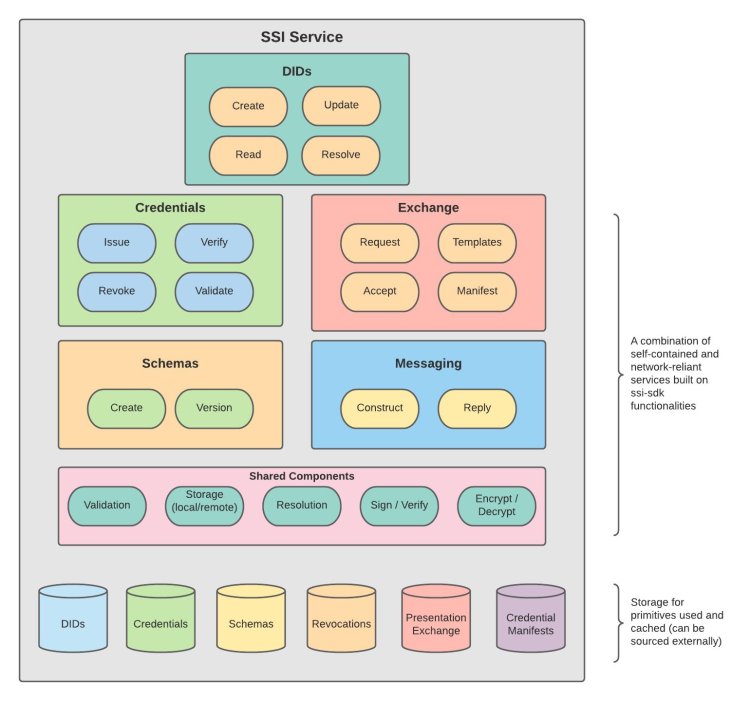Building Web 5.0: Jack Dorsey’s TBD unit has just announced (here is all you need to know)
JACK DORSEY to build decentralised web on Bitcoin called Web5. This new decentralized web leverages Bitcoin to put users back in control of their data and identity - once and for all.

Jack Dorsey’s @TBD54566975 unit has just announced it is building “Web5”.
This new decentralized web leverages #Bitcoin to put users back in control of their data and identity - once and for all. Here’s a thread with all you need to know
Web5 takes a different approach than Web3.
TBD’s Web5 is made up of software components.
Decentralized Identifiers (DIDs).
Decentralized Web Node (DWN).

Self-Sovereign Identity Service (SSIS).
The SSIS interacts with Verifiable Credentials by creating, signing, issuing, curating, requesting, revoking, exchanging, validating and verifying them. It wraps the next component on the list, the self-sovereign identity SDK…

Self-Sovereign Identity SDK The ssi-sdk encapsulates self-sovereign identity standards.
It aims to provide flexible functionality based on such standards for building DID apps in a modular way - with limited dependencies between components.

Read more about it here







